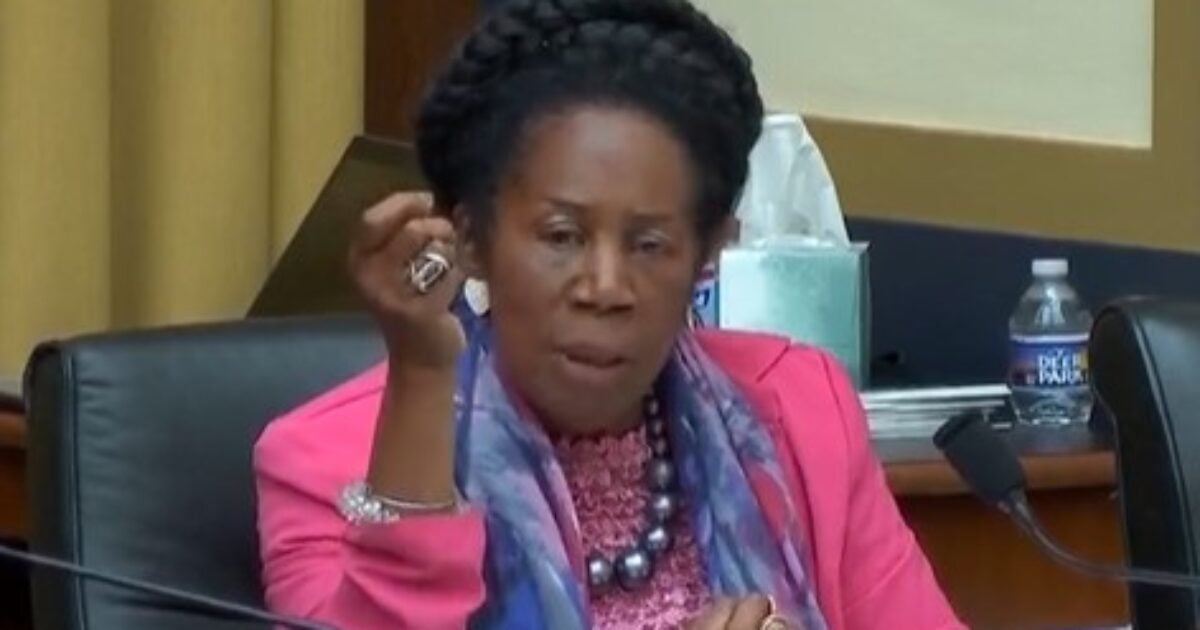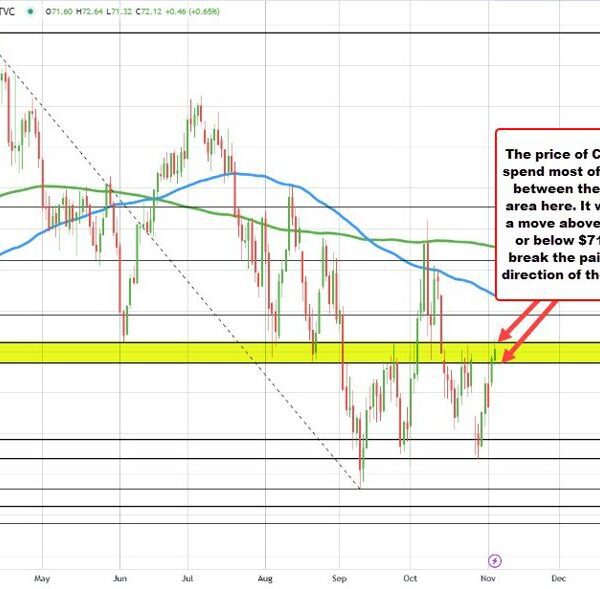One of America’s major banks has been hit with a massive fine after federal investigators said it was lax in its efforts to monitor money laundering.
TD Bank will pay $1.89 billion to the Department of Justice, $123.5 million to the Federal Reserve Board, and $450 million to the Office of the Comptroller of the Currency, according to the consent order between the federal government and the bank.
The bank must also pay $757 million to the Department of the Treasury’s Financial Crimes Enforcement, referred to in the consent order as FinCEN.
The penalty is a record, according to CNN. It reported that the Department of Justice said TD Bank had “long-term, pervasive, and systemic deficiencies” so that between January 2018 and April 2024, more than 90 percent of accounts were not monitored, enabling “three money laundering networks to collectively transfer more than $670 million through TD Bank accounts.”
“From fentanyl and narcotics trafficking, to terrorist financing and human trafficking, TD Bank’s chronic failures provided fertile ground for a host of illicit activity to penetrate our financial system,” Deputy Secretary of the Treasury Wally Adeyemo said.
The investigation was triggered by federal agents’ discovery that Chinese criminals bribed bank employees and laundered millions from selling fentanyl through TD branches in New York and New Jersey, according to the Wall Street Journal.
The consent order said that the bank failed to properly implement 2013 orders from FinCEN after it was linked to Ponzi scheme activity.
“Although the violations involved a host of unique issues, these violations demonstrate key and systemic failures by TD Bank, including awareness of certain issues by senior management,” the order said.
The bank’s lack of efforts to address money laundering “caused billions of dollars in illicit funds to flow through the U.S. financial system without effective monitoring,” the order said.
The order said TD Bank embraced customers in “high-risk jurisdictions, such as Colombia, Cuba, and China” and then “knowingly failed to timely mitigate the risks stemming from these flows.”
The order said the bank’s focus of its efforts to prevent money laundering was on limiting the cost of those efforts, and not their effectiveness.
The bank “refused to invest in improvements to address such gaps when they were deemed too costly, thus allowing illicit activity to flow through the Bank.”
The order said, “funds flowing through TD Bank have been linked to numerous prosecutions, some of which included TD Bank personnel, for various financial crimes that likely could have been prevented, mitigated, or at least timely reported, if TD Bank implemented and maintained an adequate [anti-money laundering] program.”
Compliance was slipshod, the order said, noting that at one point in 2018, the bank had “70,000 backlogged detection alerts and roughly 3,000 aged subpoena responses and further investigation cases.”
Although the bank did close accounts deemed suspicious, it moved so slowly that “[f]rom 2018 to 2021, customers waiting to be demarketed received more than $5 billion into their accounts.”
The order said that even when bank officials knew there were problem accounts, “senior management elected to take no action to correct such issues and instead turned a blind eye to the relevant risks.”
Bank executives frustrated efforts to prosecute financial crimes, the order said, because the reports it filed to the relevant authorities “were so inaccurate that they were misleading to law enforcement and severely hindered financial crime investigations.”
The order said that even now, there are “outstanding remedial measures” that have not been completed to monitor all transactions. The bank will now be monitored by federal officials for the next four years.
This article appeared originally on The Western Journal.














